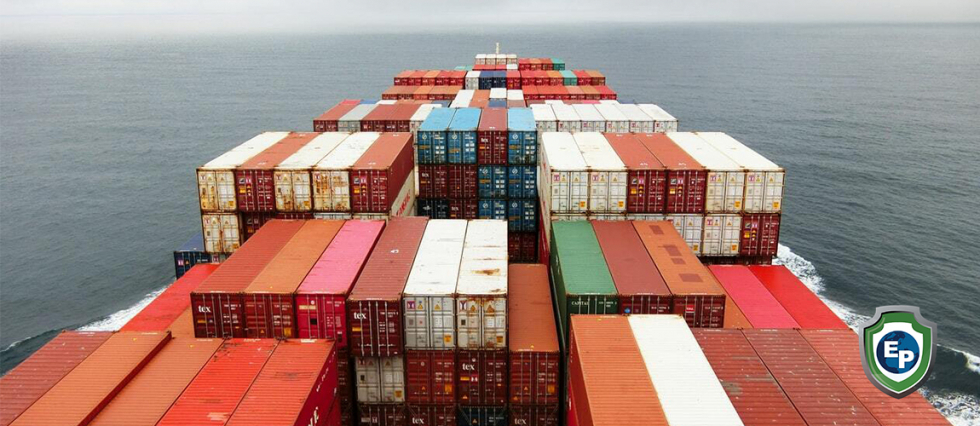Challenges facing freight forwarding in Nigeria
For many years, Nigeria works to promote the export of several commodities. Read this blog to find out what challenges facing freight forwarding in Nigeria.

Challenges facing freight forwarding in Nigeria
Global trade has grown rapidly over the years. This growth has been supported by several components of the maritime industry, developed to adequately respond to the complex needs of importers and exporters across the world.
One of these components is freight forwarding. Freight forwarding is very important for a seamless export process and safe delivery of products to buyers. A freight forwarder's job entails the facilitation and organization of shipment and transport of accumulated commodities from manufacturers or exporters to their importers or final destinations.
For many years, the Nigerian government has worked to promote the export of several commodities that the country produces in large quantities. Although the country's main export is crude oil, which accounts for 86% of foreign exchange earnings and 65% of total government revenue. The country exports other commodities such as cashew, cocoa, leather, ginger, among others.
Unfortunately, Nigeria's performance in freight forwarding, as well as other components of the shipping and logistics business, has not been very attractive.
This is reflected in its low ranking in the World Bank's Logistics Performance Index. This reality is connected to the several challenges confronting the freight forwarding industry. Some of these challenges are discussed below.
Unregulated Freight Forwarders
Self-serving agents who pose as freight forwarders is one of the significant challenges confronting freight forwarding in Nigeria. This is mostly responsible for how the Nigerian freight forwarding industry is perceived globally. However, there exist a good number of indigenous freight forwarding companies with an excellent record of compliance, expertise, and capacity.
To help traders, the Nigerian Export Promotion Council (NEPC) facilitates the identification of reliable freight forwarders through its online database of freight forwarders, customs brokers, and cargo agents in Nigeria. Therefore, clients must consult and compare two or more freight forwarders before making a deal.

Cost and speed of clearance process
An increase in automation and communication technology has made online clearing possible around the world. This means you can communicate with authorities, complete forms online, and clear goods irrespective of where you are. But the problem in Nigeria is that most of the processes are still manual. Customs, as well as other government agencies such as the Nigerian Ports Authority (NPA), Nigerian Drug Law Enforcement Agency (NDLEA), Standards Organization of Nigeria (SON), and sometimes, the police, want to see you before you are cleared.
Freight Safety
The issue of safety and security in the maritime industry is a serious and complex one. The economic losses that could arise from security lapses can be far-reaching and can severely affect the freight forwarding reputation. Though these lapses do happen sometimes, they are generally unacceptable in today's commercial climate.
Therefore, freight forwarders, as well as exporters, must pay attention to all loss prevention mechanisms, which can include elements of security, safety, fire, and risk management.
Although the freight forwarding industry in Nigeria is faced with these and more challenges, the industry has improved steadily over the years to meet the needs of exporters as efficiently as possible, and it holds great potential for the future.
Export Portal has a significant number of advantages for buyers, sellers, manufacturers, and shippers. If you are interested in trading online, we can become your best business partner and help you to make this process easier and smoother.
To find out more about the benefits we offer, our requirements and conditions, please follow this link.






Comments 0